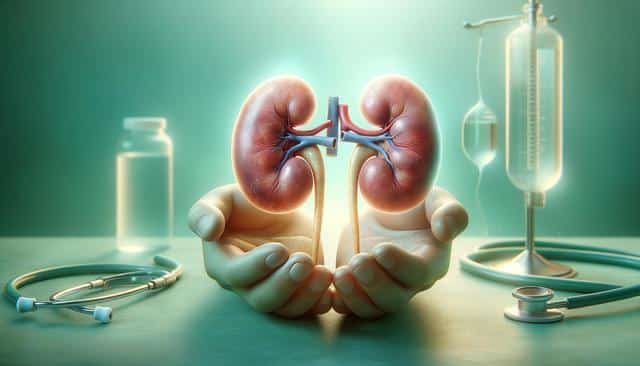Understanding Kidney Disease
Kidney disease is a progressive condition that affects the kidneys’ ability to filter waste and excess fluids from the blood. This impairment can lead to the accumulation of waste products in the body, which can cause various health issues. There are several stages of kidney disease, each with different implications for diet and lifestyle. Early detection and proper management, including dietary adjustments, are essential to slow the progression and maintain overall health. Individuals with kidney disease should work closely with healthcare professionals to monitor kidney function and make necessary lifestyle changes, particularly in the area of nutrition.
Foods to Avoid
For those living with kidney disease, it’s important to be aware of certain foods that can exacerbate the condition. High sodium foods should be limited as they can increase blood pressure and worsen kidney damage. Processed foods, canned soups, and salty snacks often contain excessive sodium. Additionally, high phosphorus foods, such as dairy products, nuts, and seeds, should be consumed in moderation, as phosphorus can accumulate in the body when the kidneys are not functioning properly. Finally, foods high in potassium, like bananas, oranges, and potatoes, should be limited since impaired kidneys may struggle to regulate potassium levels.
Nutritional Recommendations
While there are foods to avoid, there are also numerous dietary recommendations that can support kidney health. Incorporating lean proteins such as chicken, fish, and plant-based proteins can help maintain muscle mass without overloading the kidneys. It’s also beneficial to eat fruits and vegetables that are low in potassium, like apples, berries, and cabbage. Whole grains are another excellent choice, but it’s important to choose those with lower phosphorus content, such as white rice and pasta. Drinking plenty of water is crucial to help the kidneys filter waste effectively, but the quantity should be discussed with a healthcare provider based on the stage of kidney disease.
Importance of Portion Control
Portion control plays a vital role in managing kidney disease. Even healthy foods can lead to complications if consumed in large quantities. Patients should aim to have balanced meals that include appropriate servings of proteins, carbohydrates, and fats. Measuring food portions and using smaller plates can help control the amount of food consumed. Regular consultations with a dietitian can provide personalized guidance on portion sizes tailored to individual needs and restrictions. Maintaining a food diary can also aid in tracking daily intake and making necessary adjustments.
Working with Healthcare Professionals
Effective management of kidney disease requires a collaborative approach between patients and healthcare professionals. Regular check-ups with nephrologists and dietitians can ensure that dietary plans are effective and appropriate. These professionals can provide education on how to read food labels, identify alternatives for high-risk foods, and suggest supplements if needed. Support groups and counseling may also be beneficial, providing emotional support and sharing strategies for dealing with dietary restrictions. It’s essential for patients to communicate openly with their healthcare team about any dietary concerns or challenges they face.
Conclusion: Taking Charge of Kidney Health
For individuals living with kidney disease, dietary management is a crucial component of maintaining health and slowing disease progression. By understanding which foods to avoid, embracing nutritional recommendations, and practicing portion control, patients can take proactive steps in managing their condition. Collaboration with healthcare professionals ensures that dietary changes are both safe and effective. With a commitment to informed dietary choices and regular medical guidance, individuals with kidney disease can significantly impact their quality of life and overall well-being.
